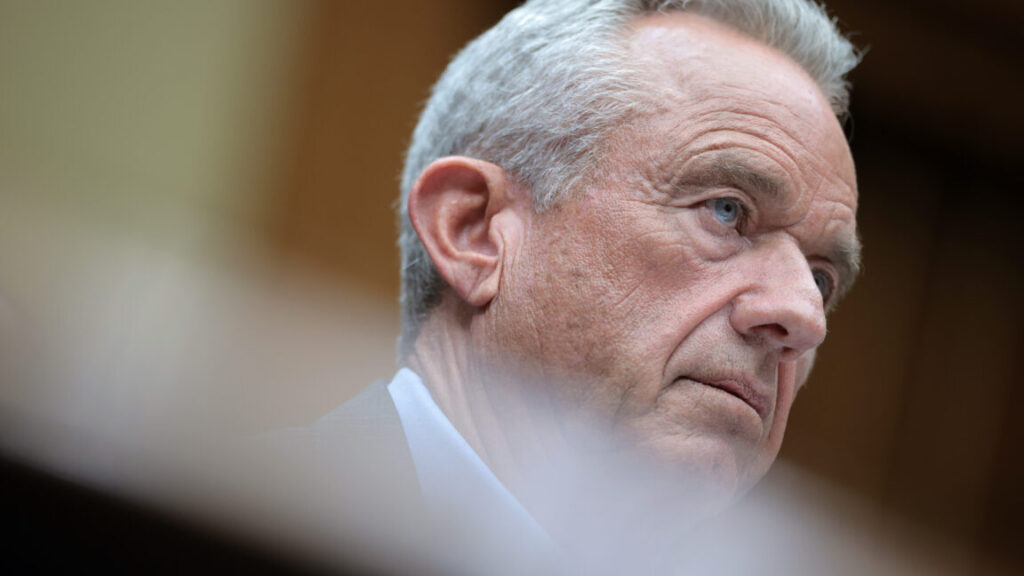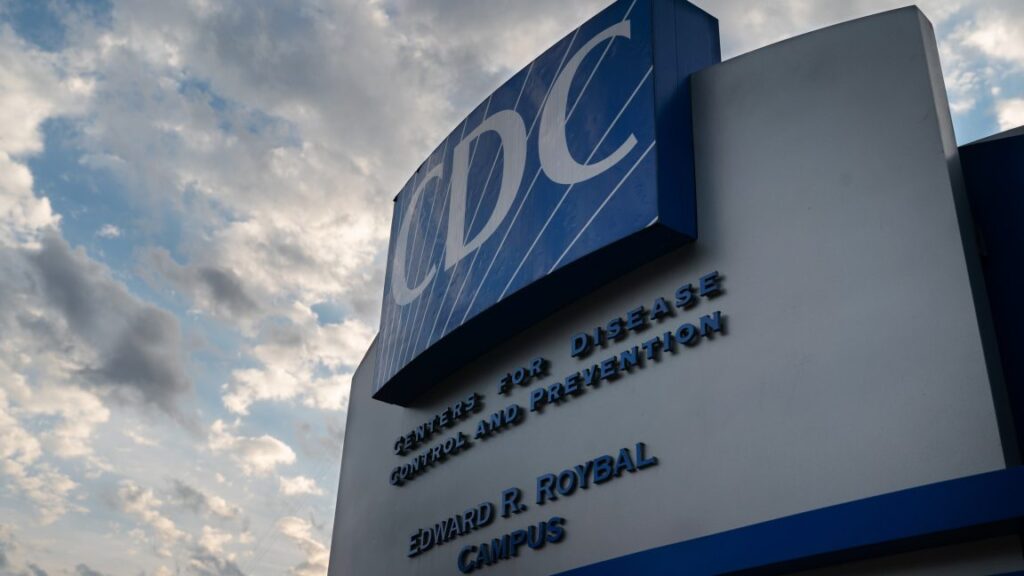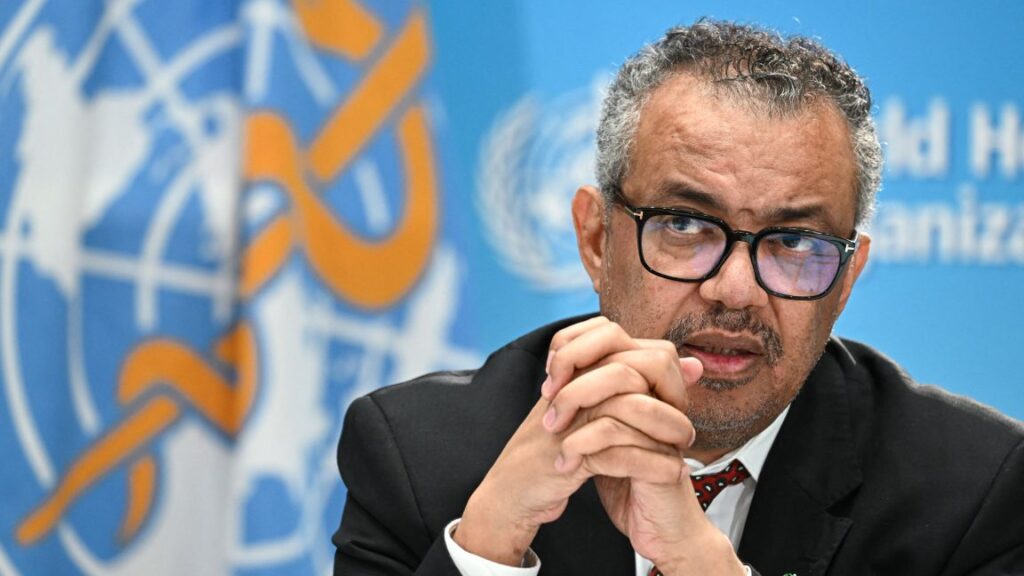Under RFK Jr, CDC skips study on vaccination rates, quietly posts data on drop
Vaccination rates among the country’s kindergartners have fallen once again, with coverage of the measles, mumps, and rubella (MMR) vaccination dropping from 92.7 percent in the 2023–2024 school year to 92.5 percent in 2024–2025. The percentage changes are small across the board, but they represent thousands of children and an ongoing downward trend that makes the country more vulnerable to outbreaks.
In the latest school year, an estimated 286,000 young children were not fully protected against measles. At the same time, the country has seen numerous explosive measles outbreaks, with case counts in 2025 already higher than any other year since the highly infectious disease was declared eliminated in 2000. In fact, the case count is at a 33-year high.
The latest small decline is one in a series that is eroding the nation’s ability to keep bygone infectious diseases at bay. In the 2019–2020 school year, 95 percent of kindergartners were protected against measles and other serious childhood diseases, such as polio. That 95 percent coverage is the target that health experts say prevents an infectious disease from spreading in a community. But amid the pandemic, vaccination rates fell, dropping to 93.9 percent MMR coverage in the 2020–2021 year, and have kept creeping downward.
Anti-vaccine era
At the height of the pandemic, some slippage in immunization coverage could be blamed on disrupted access. But anti-vaccine sentiments and misinformation are clearly playing a large role as vaccination continues to decline and access has largely resumed. For the 2024–2025 school year, nonmedical exemptions for childhood vaccinations once again hit a new high. These are exemptions driven by ideology and have risen with the influence of anti-vaccine voices, including current health secretary and fervent anti-vaccine advocate Robert F. Kennedy Jr.
Under RFK Jr, CDC skips study on vaccination rates, quietly posts data on drop Read More »



